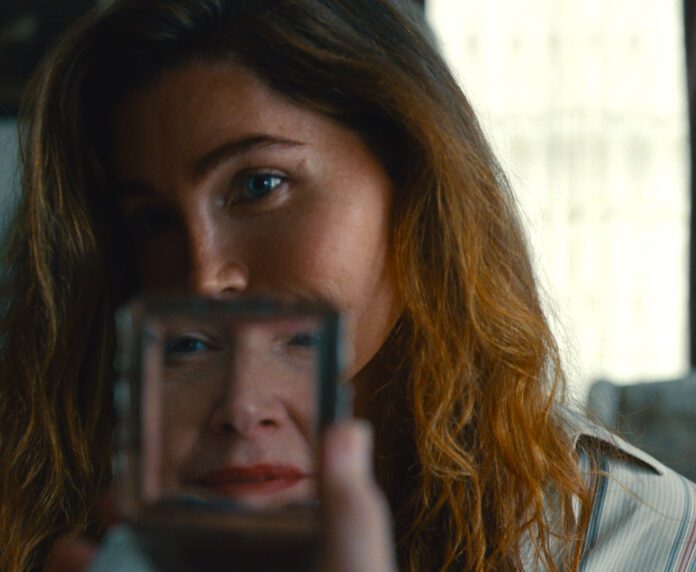MONICA
Italy/USA, 2022. Director Andrea Pallaoro. With Trace Lysette, Patricia Clarkson, Adriana Barraza, Joshua Close, Emily Browning. Running time 1h e 53’.
It is the turn of the second Italian feature film in competition at Venice 79, Monica by Andrea Pallaoro, like Luca Guadagnino’s Bones and All shot in the U.S. with an international cast. Indeed, it stars transgender American actress Trace Lysette (Transparent, Hustlers, Disclosure), joined by Patricia Clarkson (The Untouchables, Splinters of April, Sharp Objects), Adriana Barraza (Babel, Penny Dreadful: City of Angels), Joshua Close (The Master, Premonitions, North) and Emily Browning (Sleeping Beauty, Sucker Punch, American Gods). Directing, an auteur who’s entered in the hearts of cinephiles: after his debut with the short Wunderkammer (2008), Pallaoro won international acclaim with Medeas (2013) that was at Lido in the Orizzonti (the filmmaker was also part of the jury in this section in 2019) and awarded by Martin Scorsese for best director at the Marrakech International Film Festival. It was followed by Hannah, in competition in Venice in 2017, Coppa Volpi for Charlotte Rampling. It is the beginning of a trilogy that, in the first chapter, offers us a painful portrait of loneliness through a dramaturgy made of silences, unspoken and unshown elements, gestures and details of a lonely everyday life. The trilogy continues with Monica (Lysette), who returns after 20 years to her family home in Ohio to take care of her dying mother (Clarkson).
Autobiographical motifs echo in the story, as confessed by the director, “In recent years, confronting my mother’s illness led me to reflect on my past and the psychological effects of abandonment. From this experience, I wanted to tell a story that would explore the complexity of human dignity, the profound consequences of rejection and the difficulties in healing one’s wounds.” But, once again, what will make the difference in the filmmaker’s work is the style: characterized, he explains, by “a constant dialogue between the aesthetics of intimacy and alienation, hovering between the interiority of the protagonist and the world around her,” to delve “into Monica’s emotional and psychological world to reflect on the precarious nature of the identity of each of us when tested by the need to survive and transform.” And the film, according to Venice Film Festival director Alberto Barbera, promises to consecrate Palloro’s talent as a “landmark” in our cinema.

